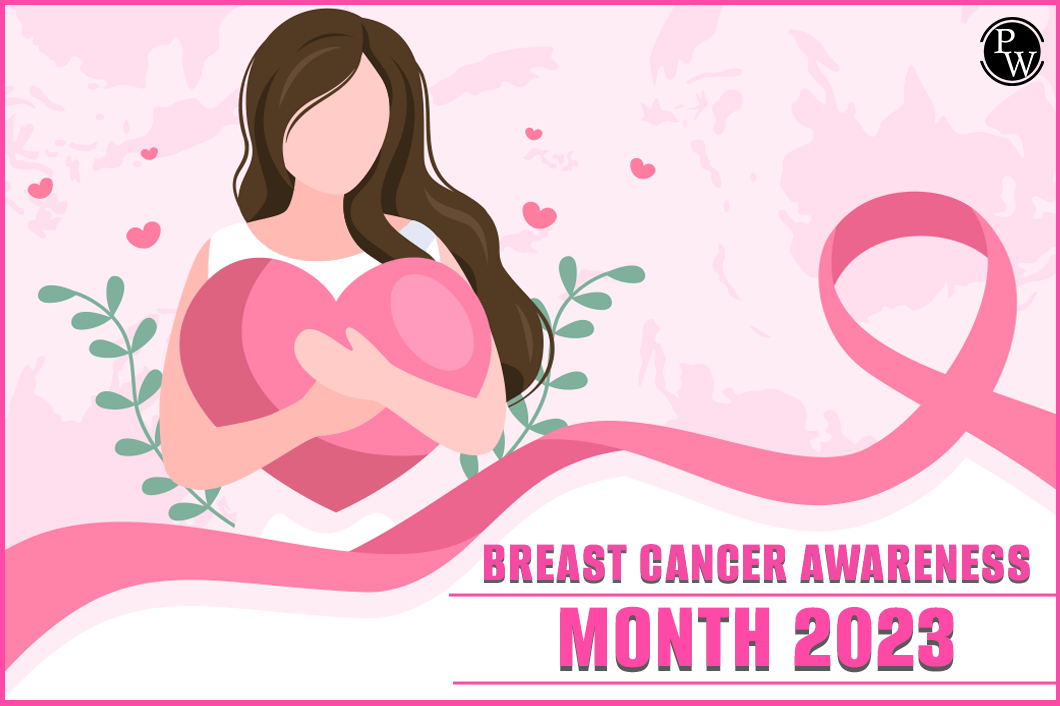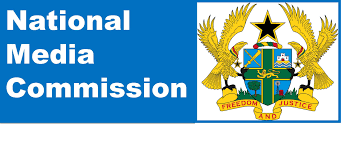Editorial
Let’s create more awareness to fight breast cancer

October is breast cancer awareness month (often known as “pink month”), and as such, there will be a number of events to educate the public, particularly women, on the risks of the disease and how to treat or prevent it.
Women typically dress in pink T-shirts with ribbon embellishments throughout this month to raise awareness of the illness.
This year’s breast cancer awareness month will be marked by a number of events, including walks, talks, and breast cancer screenings, among others.
The Spectator has fervent hope that the screening exercises will not be focused only in the urban centres but also in the rural areas as breast cancer is deadly and is no respecter of persons.
Additionally, October is a good time for breast cancer survivors to inspire people who are presently receiving treatment.
The Spectator encourages both men and women to take advantage of the testing programmes during this awareness creation month to be screened to know their statuses because breast cancer is preventable and treatable when identified early.
As early diagnosis can help to stop the disease from spreading to other parts of the body, it is preferable to be diagnosed early for treatment as opposed to delaying screening in case the unexpected occurs.
According to statistics, the disease claimed the lives of 685, 000 people globally in 2020, and in Ghana, over 4,000 women are diagnosed with the condition each year, making up 3.1 percent of all cancer cases.
Health professionals should arrange counselling sessions for all demographics to give hope to breast cancer patients who are already demoralised by their diagnosis.
Unfortunately, despite increased awareness, some people still hold superstitious views about the illness and believe witchcraft to be the root of breast cancer.
They are adamant that breast cancer is spiritual and can only be cured spiritually, thus they won’t go to hospitals for treatment.
While it is not wholly wrong to ask God for help during illness in the form of miracles, attributing the etiology of breast cancer to spiritual forces is inappropriate.
Unfortunately, people who delay only visit hospitals when there are complications and the sickness has spread to other organs, making it too late for treatment.
Others attempt to treat themselves by ingesting various mixtures, but they only make matters worse.
Therefore, in order to prevent complications, we suggest those who have the disease to seek competent medical care.
Although the cause of breast cancer is unknown health professionals have claimed that there are several risk factors that make people more likely to get the disease. These include, among others, bleaching, excessive alcohol consumption, and smoking.
Instead of partaking in these activities, which can have a variety of negative effects on one’s health, it is best to have a healthy lifestyle by monitoring your food, exercising frequently, consuming less alcohol, and avoiding bleaching in order to live longer.
Breast cancer has claimed the lives of many and we must all make a concerted effort to fight the disease through awareness creation seeking regular health check and doing self-breast examination.
Editorial
NMC must enforceguidelines to protectviewers, especially minors

Dear Editor,
I WRITE to express my growing concern about the increasing display of adult content on some television stations in the country.
These programmes, often aired during hours when children are most likely to be watching, pose a serious threat to their moral development and general well-being.
Television remains one of the strongest influences on young people, and stations have a responsibility to ensure that their content reflects the values we seek to instil in our society.
Unfortunately, some channels appear to prioritise sensationalism and profit over public safety and decency.
Such content not only exposes children to material they are not prepared to process but also undermines parents’ efforts to guide their behaviour.
I call on the National Media Commission (NMC) and other regulatory bodies to intensify monitoring and enforce stricter guidelines to protect viewers, especially minors.
Broadcasters must be reminded of their duty to promote responsible and wholesome programming.
Our airwaves should uplift, educate, and inform — not endanger the moral fabric of the next generation.
Eugene Ampiaw,
Accra
Join our WhatsApp Channel now!
https://whatsapp.com/channel/0029VbBElzjInlqHhl1aTU27
Editorial
Balancing faith,discipline at Wesley Girls SHS
Dear Editor,
I AM writing to share my thoughts on the ongoing issue at Wesley Girls’ Senior High School, which has attracted national attention after the Deputy Attorney General released a statement in court.
The matter is about whether Muslim students are being denied the right to freely practice their religion, and whether they are being compelled to follow practices that go against their faith.
To me, this is not just a legal issue but a question of fairness and respect in our schools.
While the Constitution guarantees every student the right to practice their faith, schools also have traditions and rules that must be respected. As the saying goes, “When you go to Rome, you do what Romans do.” If a teacher is teaching, it is not right for a student to suddenly leave for prayers. That disrupts learning.
Instead, schools should provide a clear time and place for worship, so that students can honour their faith without disturbing academic work. There is time for everything; time to learn, and time to pray.
Wesley Girls SHS can continue to uphold its Methodist heritage while also respecting the rights of Muslim students.
This compromise will protect unity and ensure that our schools remain places of both discipline and inclusion.
Princess Wonovi
Accra
Join our WhatsApp Channel now!
https://whatsapp.com/channel/0029VbBElzjInlqHhl1aTU27






